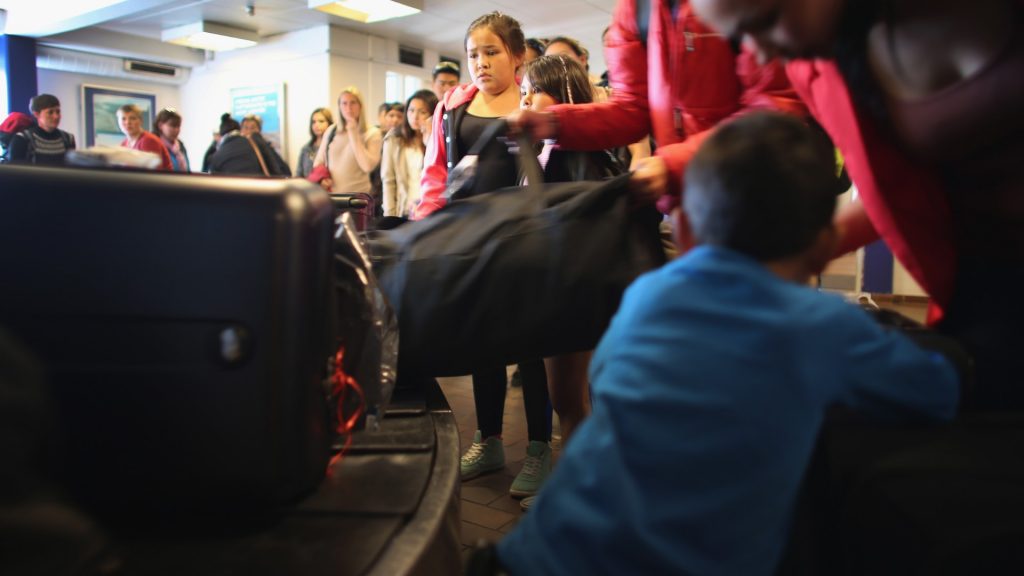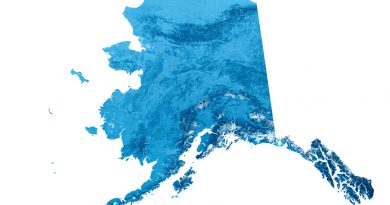Greenland changes COVID-19 rules for travellers from Iceland, Faroe Islands

Greenland lifted its preferential treatment of travellers from Iceland and the Faroe Islands on Tuesday after COVID-19 infections spikes in both regions.
Since the territory began opening up in June, travellers must prove they’ve tested negative for COVID-19 within the last five days before being granted entry into Greenland.
Iceland and the Faroe Islands were jurisdictions that until recently had COVID-19 infections successfully contained and were exempt from the testing requirements.
However, that was changed as of August 11.
“For a period, we did not require any testing at all for travellers coming in from Iceland,” Henrik Hansen, Greenland’s Chief Medical Officer told Eye on the Arctic. “Now, there is again active community transmission in Iceland and they have to be tested negative before departure to Greenland.”
As of Thursday, Iceland was reporting 1,976 confirmed cases of COVID-19 since the pandemic began.
Faroe Islands classified under “quarantine country” after rising infections
Travellers from the Faroe Islands, which like Greenland, is an autonomous region within the Kingdom of Denmark, must now also get tested before arriving in Greenland.
“As the Faroe Islands in particular have a rapid development in the number of infected, and as there are many arrivals from the Faroe Islands, the Faroe Islands are, so far, also covered by the measures for arrivals from areas defined by the Danish Ministry of Foreign Affairs’ travel guide as quarantine countries,” the Greenlandic government said in a news release on Tuesday.
Travellers from the so-called quarantine countries must observe a 14-day quarantine period upon arrival or they can undergo a second test on day six of their arrival and if the result is negative, they are permitted to stop their self-isolation.
As of Thursday, the Faroe Islands was reporting 339 confirmed cases of COVID-19 since the pandemic began, with 1,085 people waiting for test results.
Write to Eilís Quinn at eilis.quinn(at)cbc.ca
Related stories from around the North:
Canada: Inuit gov. in Labrador, Canada tells out-of-province travellers to stay away despite ‘Atlantic bubble’, Eye on the Arctic
Finland: Finland joins other Nordic countries in virtual tourism due to pandemic, Yle News
Greenland: Greenland extends COVID-19 entry requirements until July 20, Eye on the Arctic
Iceland: Iceland reinstates COVID-19 restrictions after spike in domestic infections, Eye on the Arctic
Norway: Norwegian Arctic wilderness tourism hit particularly hard by coronavirus, The Independent Barents Observer
Russia: All Russia’s North Pole cruises rescheduled to 2021, Eye on the Arctic
Sweden: Sweden seen as major source of COVID-19 in Western Finland region, Yle News
United States: Airline shutdown creates new challenges for rural Alaska, The Associated Press



